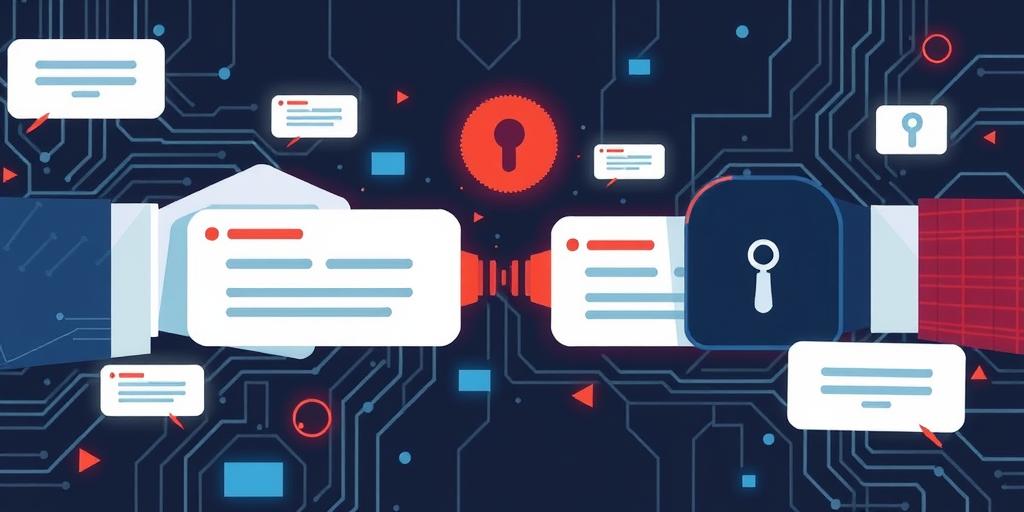The Role of Encryption in Conflict Communication
In an era defined by digital interconnectedness, encryption has emerged as a pivotal tool in navigating the complexities of conflict communication. Encryption, the process of encoding messages to protect them from unauthorized access, plays a multifaceted role in safeguarding sensitive information, enabling secure dialogue, and preserving privacy in conflict-ridden environments.
Protecting Sensitive Information
At its core, encryption serves as a shield for sensitive information, preventing it from falling into the wrong hands. In conflict zones, where surveillance and interception are rampant, encryption ensures that confidential data, such as strategic plans, intelligence reports, and personal communications, remains secure. By scrambling the data into an unreadable format, encryption renders it unintelligible to unauthorized parties, thereby mitigating the risk of espionage and sabotage.
- Military Communications: Encryption safeguards military communications from enemy interception, ensuring the confidentiality of troop movements, tactical operations, and strategic decision-making.
- Diplomatic Negotiations: Encryption protects diplomatic negotiations from eavesdropping, allowing diplomats to engage in secure and confidential discussions without fear of compromise.
- Humanitarian Aid: Encryption ensures the secure delivery of humanitarian aid to vulnerable populations, preventing the diversion of resources and protecting the privacy of aid recipients.
Enabling Secure Dialogue
Beyond safeguarding sensitive information, encryption facilitates secure dialogue between parties in conflict. By providing a secure channel for communication, encryption enables adversaries to engage in confidential negotiations, mediation efforts, and peace talks without fear of surveillance or reprisal.
- Negotiations between Armed Groups: Encryption allows rival armed groups to communicate securely, facilitating ceasefire negotiations, prisoner exchanges, and de-escalation efforts.
- Mediation and Peace Talks: Encryption provides a secure platform for mediators and peace negotiators to engage in confidential discussions with conflicting parties, fostering trust and promoting peaceful resolutions.
- Communication with Affected Communities: Encryption enables humanitarian organizations to communicate securely with affected communities, gathering information about their needs and providing assistance without exposing them to harm.
Preserving Privacy
In conflict situations, privacy is often a casualty of war. Encryption helps preserve the privacy of individuals and communities by protecting their personal data from unauthorized access and misuse. By encrypting personal communications, medical records, and financial data, encryption ensures that individuals can maintain their privacy even in the midst of conflict.
- Protection of Personal Data: Encryption safeguards personal data from government surveillance, corporate espionage, and criminal activities, ensuring that individuals can exercise their right to privacy.
- Secure Communication for Activists: Encryption provides a secure channel for activists and human rights defenders to communicate, organize, and advocate for change without fear of reprisal.
- Secure Storage of Medical Records: Encryption protects the privacy of medical records, ensuring that sensitive health information remains confidential and secure.
Long-Tail Keyword Variations
- Encrypted communication tools for conflict resolution
- Secure messaging apps for sensitive negotiations
- Data protection strategies in conflict zones
- The role of cryptography in peacebuilding
- Privacy-preserving technologies for humanitarian aid
Conclusion
Encryption plays a vital role in conflict communication, protecting sensitive information, enabling secure dialogue, and preserving privacy. As technology continues to evolve, encryption will likely become even more critical in navigating the complexities of conflict and promoting peace and security.









